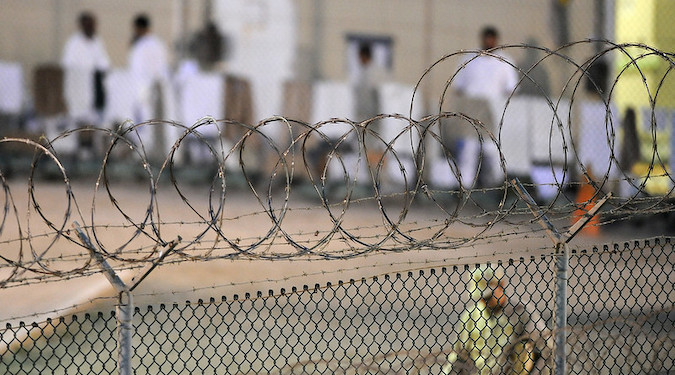Aaron Shepard endeavors to examine the roots of the failures of the Guantanamo military commissions and suggest potential solutions to remedy them. His paper begins with an introduction to the concept of military commissions, including a brief overview of their historic utilization and import. It then provides a detailed background on Guantanamo Bay, covers the difficulties the Guantanamo commissions faced initially, and examines the current commission’s framework.
This analysis is followed by a deeper dive into the commission’s broader structural issues and examples of particularly problematic cases. Shepard’s conclusion proposes concrete solutions based upon fixes that are both implementable and politically feasible.

